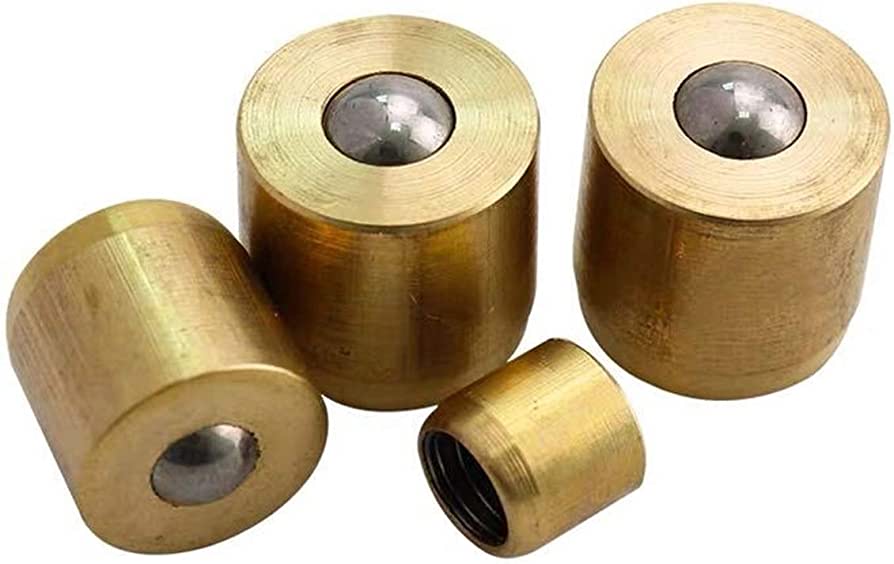Durable press fittings are designed to be used on a wide variety of applications, including steel pipe and gas piping, as well as other tube materials. They’re also safe for use with combustible substances, such as oil and fuel lines.
These durable press fittings can save time and money for companies that use them, because they can be installed or repaired without having to interrupt production or operations. They also provide safety for employees, as they’re made without the need for open flames or combustible gases.
Copper
Copper is a durable material, which makes it ideal for plumbing work. Copper piping systems are used in a variety of industries, including water, gas, and chemical.
Durable press fittings are one of the most common types of pipe connections, offering a wide range of benefits over traditional soldering. They are flame-free and require less skill to install, which translates into faster installation time.
Viega ProPress offers a variety of copper fittings, suitable for gas and drinking water applications. They are hygienically packed and marked with green (water) and yellow (gas) indicators, meaning they’re easy to spot during pressure testing.
KemPress copper fittings are also available for use in both gas and water applications, combining German engineering with Australian manufacturing. They’re backed by a 25-year warranty against defects in their design and manufacture. This makes them a popular choice for professional plumbers who are looking for peace of mind.
Brass
Brass is one of the most commonly used materials for making pipe fittings. It is an alloy of copper and zinc. It is a durable metal that is able to withstand high temperatures and corrosion.
In order to ensure that your brass fittings will withstand the test of time, you need to choose a reliable source for them. Industrial Parts & Fittings has a wide range of brass fitting products to suit any application.
The brass fittings are available in a variety of shapes, sizes and structures to help you associate, adjust or control any fluid or gas in pipes without any spillage. They are also designed to be safe and easy to use.
There are a number of different brass fitting styles to choose from including 90 degree elbows, countersink plugs, street elbows, reducing adapters and more. These fittings are perfect for plumbing applications where the hose connections will be subjected to high pressure and heat.
Stainless Steel
Stainless steel is a type of metal that is made from an alloy of iron, chromium, and other elements. It is widely used for a variety of applications, including industrial equipment and kitchen utensils.
Unlike other types of steel, stainless steel is resistant to corrosion and rust. This is due to the presence of chromium, which forms a protective layer on the surface of the metal that prevents it from becoming corroded.
Additionally, stainless steel has a number of other beneficial characteristics that make it an ideal material for a wide range of applications. For example, it is strong, durable, and easy to clean.
Stainless steel is also recyclable, making it an environmentally friendly choice for your project. This is especially important for projects that involve food safety and healthcare facilities.
Plastic
Plastic pipework is used to transport a wide range of fluids and gases. It is commonly used in drinking water, waste water, vacuum, air conditioning and heating systems. The materials commonly used are acrylonitrile butadiene styrene (ABS), polyethylene (PE), and polyvinyl chloride (PVC).
Press fittings can be made of plastic, including ethylene-vinyl alcohol (EVA) and polyethylene (PE) as well as polypropylene (PP). They may be manufactured from a variety of different processes.
Compared to traditional methods of connecting pipes, press fittings save time and money. They are also much safer to use because they require no heat or flame to make a secure connection.
They are also ideal for industrial applications where corrosion resistance is essential. For instance, they are designed to resist the chemical corrosion of a variety of acids and other corrosive chemicals. Additionally, they are a safe option for hydronic heating and cooling systems, as well as in water treatment and irrigation.
